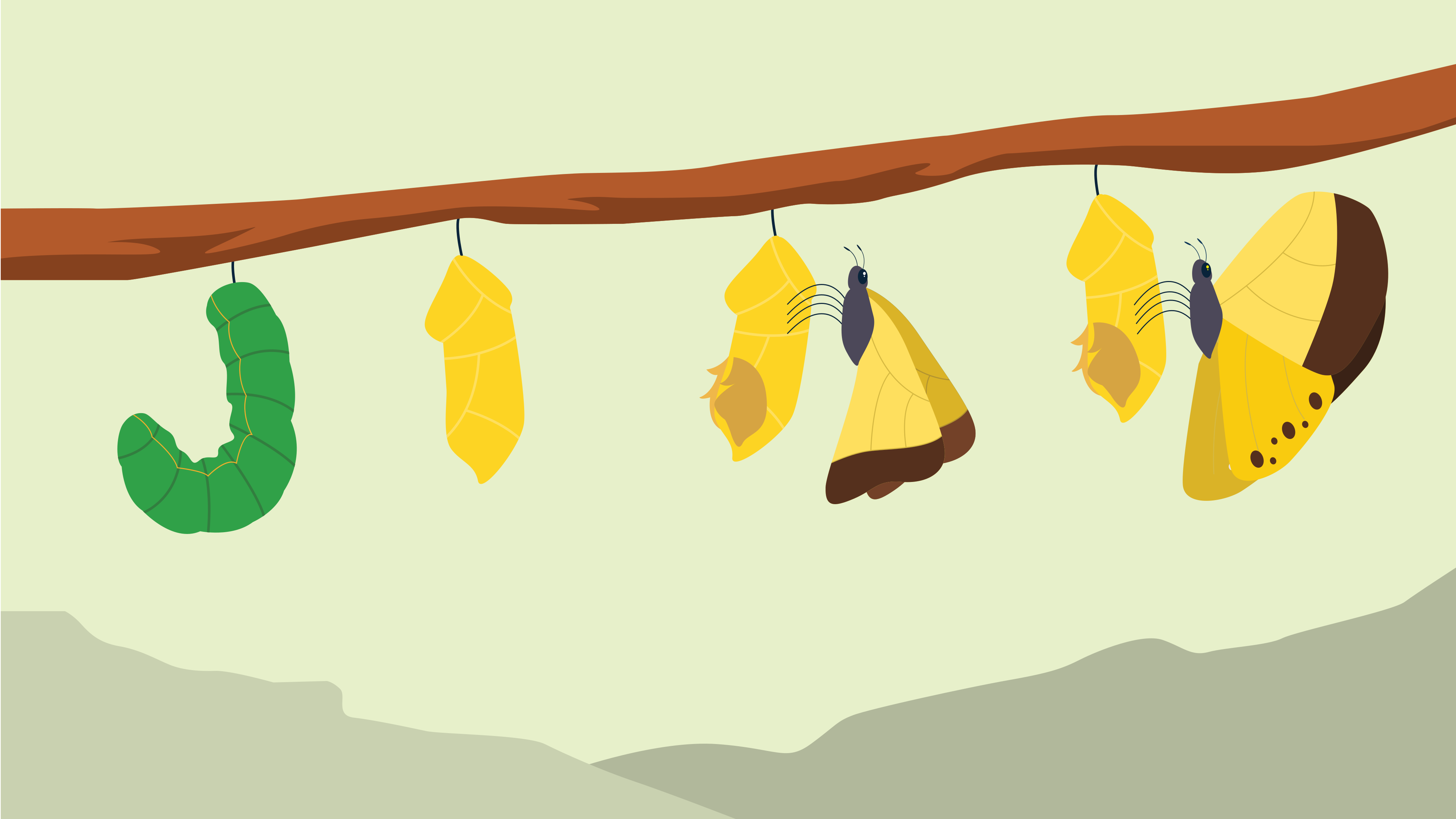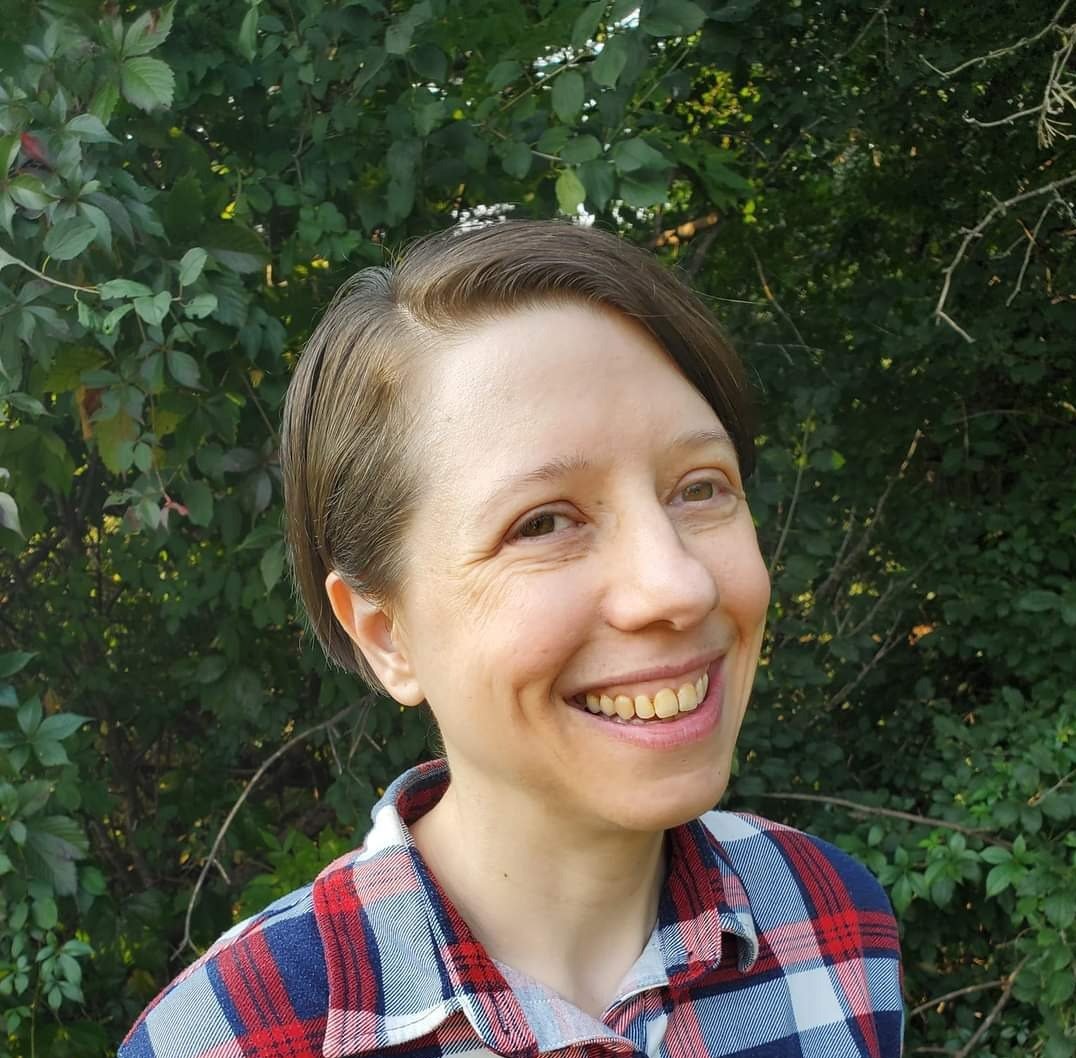Artist Opportunities Are Ableist. Here's What I Did About It.
I applied for an arts grant, and the process broke me.
With my drooping eyes glued to my computer screen, I reviewed my responses to the essay questions one final time. The grant application was due the next day, and I was almost ready to submit. I had spent the last several weeks laboring over every word, trying to increase my chances in this competitive hellscape for artists. This was my first time applying for a big artist opportunity, and I couldn’t believe how much time and energy it had taken. I lost track after about 50 hours, resigned to the need to overextend myself. My head ached, and I knew my chronically-ill body was rebelling. But I had to keep pushing. This was a huge opportunity that could change my life as a disabled, low-income artist.
I clicked the submit button, and slumped back with an enormous sigh. Now I could finally rest. The next day, I woke up in extreme fog and collapse. This kicked off a 4-month major flare of Chronic Fatigue Syndrome (CFS), resulting in being bedbound.
And in the end, I didn’t even get the grant.
Not wanting to give up, I applied for other opportunities. I narrowed my focus to those for disabled folks, hoping they would provide a more accessible application process. Nevertheless, I continued experiencing health crashes and rejections.
I lay in bed, still recovering from applying for a fellowship for disabled activists. My phone dinged, and I bolted up into a seated position when I noticed the email subject “Fellowship Update.” My heart pounded while my eyes scanned. I read the verdict: “We regret to inform you that you were not selected.”
Cocooned in soft blankets, I sank into bed with tears in my eyes. Was I such a weak artist that I couldn’t handle rejection? No – the issue wasn’t rejection itself, but rather receiving a rejection after expending so much energy and dealing with a health crash. So was I too disabled to succeed as an artist? My brow furrowed and my jaw tightened. Wait, why was I blaming myself? Shouldn’t it be the responsibility of an organization to create an accessible application process? Why did these intense applications even exist? While the organizers claimed to be supporting artists, all they did was harm me. I vowed to stop pursuing opportunities with big applications.
I honored this vow for a couple years – until I learned about a residency with only 6 application questions. How hard could that be? I decided to take a chance.
Sitting at my desk, I read the instructions. With no indication of how long the responses should be, I emailed the organizers to clarify. They responded: “Give us as much info as you feel will make a strong application.” I rolled my eyes at their vagueness, and got to work.
I spent 20 hours answering those 6 questions. So much for this being a simpler, more accessible process.
Once again, I received a rejection. This was the last straw. I was tired of spending my limited energy on competitive endeavors, when that energy could have gone to generating income or taking care of health needs. I came to the conclusion that these types of "opportunities" are simply extractive unpaid labor that disproportionately harm disabled and low-income folks.
I said as much to the residency organizers. After the rejection, I politely asked them in an email if they could provide feedback on my application. As I read their unhelpful response of “You had a strong application – it was just really competitive," I fumed at myself for having broken my vow. I funnelled my feelings into writing a response to them. In my email, I encouraged them to find ways to decrease the amount of time applicants spend on applications. I pointed out that their current process forces many disabled folks to risk their health and financial situation, which is a huge access barrier.
After clicking the send button, a fire lit under me. I still wanted to work on the project I had proposed in my application, but felt I needed structure to move forward with it. So I said “fuck the gatekeepers,” and I decided to start my own residency. I spent the next month planning an experimental program and inviting disabled folks to join. I made sure the application was quick and easy, taking only 10-15 minutes to fill out. And anyone who signed up was accepted.
I’m currently running the first cohort of my free residency! It feels great to be offering a supportive container for myself and others – especially since there was no extractive application process.
My heart raced as I let people into the Zoom room for the first live session in late September. “We’ll get started in a few minutes,” I announced with a big smile.
More people rolled in, and the participants started introducing themselves in the chat.
“Thank you for offering this!” one attendee wrote.
“I’m so excited!” another added.
I counted 22 people total – a pretty good turn-out. I hit the record button, and began.
“Welcome, everyone! This is a 3-month residency for disabled artists and activists who want structure, support, and community while working on a project. This is an experiment in trying to run our own program without gatekeepers. I’m so glad to have you join me on this adventure.”
Want to learn more about the residency that Julie is running? The next cohort hasn’t been announced yet, but you are welcome to subscribe to Julie’s newsletter to receive updates about it in the future: Seasonalbody.org/newsletter. The structure of the residency is guided by a framework for accessible and sustainable project management that Julie developed.
About Julie Nowak
Julie Nowak (she/they) is a writer, multimedia artist, accessibility consultant, and disability justice educator who specializes in nature accessibility through their project “The Seasonal Body.” Their work is influenced by their own lived experience as a multiply-disabled and neuroqueer person, as well as by their professional experience in education and nature-related fields over the past 20 years. Julie holds an M.Ed. in Adult Education and Community Development, and is fluent in English, French, and Spanish. Based near Tkaronto (Toronto, Canada), Julie is a white person with Celtic and Germanic ancestry. They view both the #LandBack movement and ancestral connection as integral to nature-related work. You can follow Julie at SeasonalBody.org and @TheSeasonalBody on social media.


